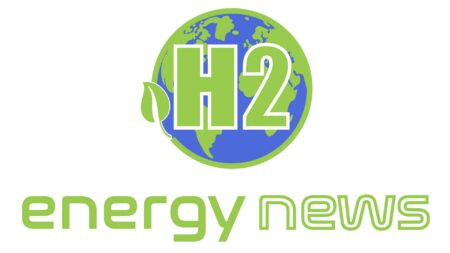Cranfield Aerospace Solutions (CAeS) and German regional airline Evia Aero have agreed to collaborate on the creation of a 19-seat hydrogen-powered aircraft.
Browsing: Aviation
H2FLY, a Stuttgart-based company that develops hydrogen fuel cell technology, has begun integrating a liquid hydrogen storage system tank into its HY4 aircraft, marking a new business milestone.
The Black Swan, a long-range freight drone created by Dronamics, will use hydrogen fuel-cell technology thanks to a collaboration between Dronamics and Cranfield Aerospace Solutions (CAeS).
The Australian Government’s Emerging Aviation Technology Partnerships program has awarded Swinburne’s Aerostructures Innovation Research Hub (AIR Hub) a $1.3 million funding to develop and test Australia’s first hydrogen-powered drone.
Cranfield Aerospace Solutions (CAeS) and MONTE Aircraft Leasing (MONTE) have signed a Letter of Intent to purchase 40 modification kits to convert Britten-Norman Islanders to hydrogen-electric power.
In order to enable zero-emission flights from Aberdeen and Glasgow airports, ZeroAvia made a deal with AGS Airports to investigate the development of hydrogen fuel infrastructure, regulatory framework needs, and resource requirements.
GKN Aerospace expects hydrogen electric propulsion technology to scale up faster than expected, enabling a new generation of ecologically friendly aircraft.
Together with other collaborators, including 7th Generation Advisors, Accenture, Energy Independence Now, and Momentum, AltaSea conducted the study and wrote the white paper.
The decommissioned plane will serve as the Hydrogen Aviation Lab, where future hydrogen aircraft’s ground and maintenance procedures will be tested.
In order to create a new, sustainable hydrogen-electric powertrain that will lower airplane emissions, ZeroAvia is using Ansys modeling solutions.



